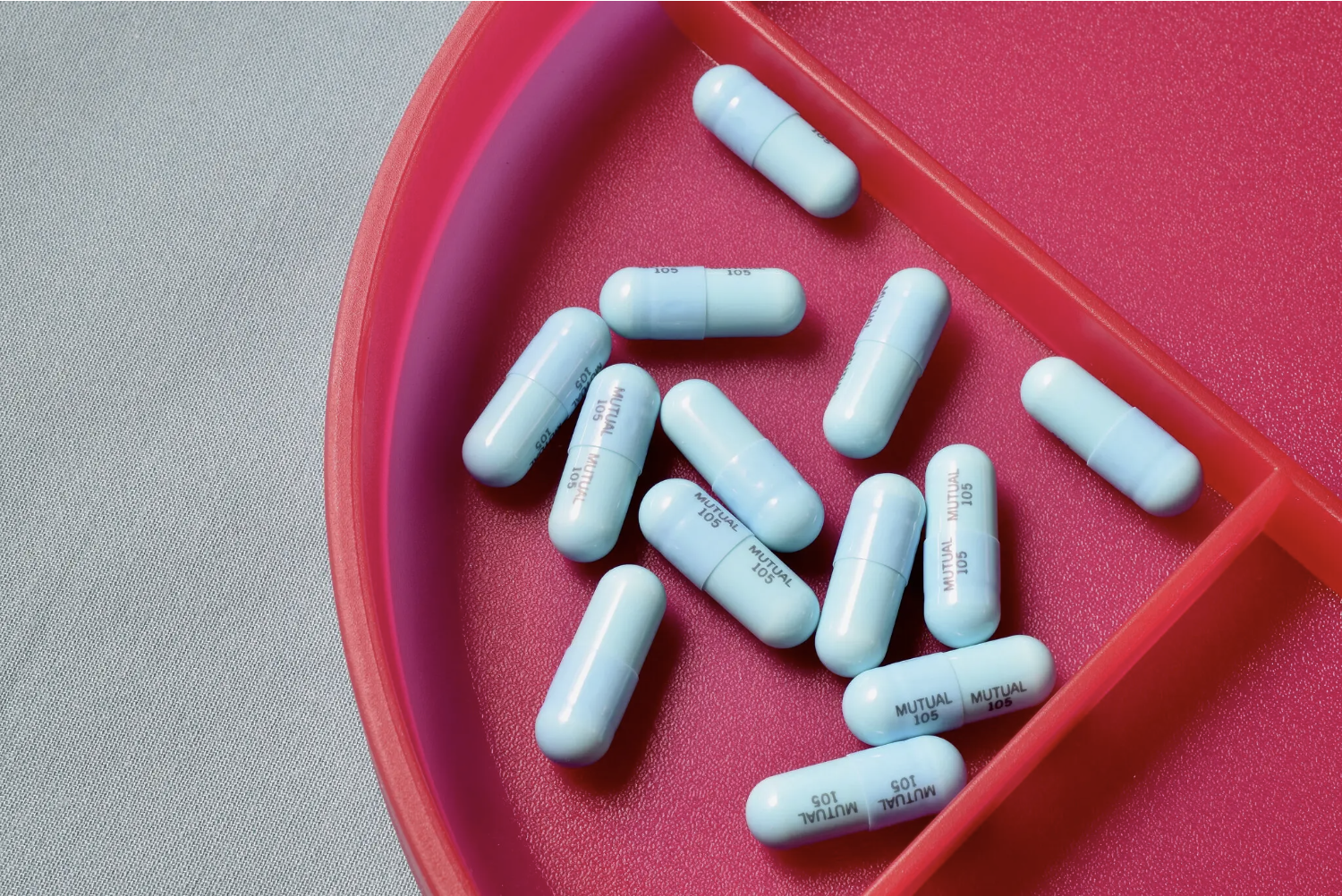Optimal Chlamydia Management: Doxycycline 100mg Capsules for Dependable Outcomes

Introduction to Chlamydia: Understanding This Common STI
Chlamydia, a widespread sexually transmitted infection (STI) globally, is primarily caused by the bacterium Chlamydia trachomatis. Often asymptomatic, chlamydia can easily go undetected yet lead to severe health issues if not treated promptly, underscoring the necessity for increased awareness and timely intervention.
The Impact of Chlamydia on Health
If not treated, chlamydia can severely affect an individual’s health, especially the reproductive system. Women may develop pelvic inflammatory disease (PID), which can cause persistent pain, increase the risk of ectopic pregnancy, or result in infertility. Men may experience epididymitis, which can be quite painful and affect the testicles. Additionally, chlamydia can heighten the risk of acquiring other infections, such as HIV.
Doxycycline’s Role in Treating Chlamydia
Doxycycline 100mg capsules are frequently used as a primary treatment for chlamydia, appreciated for their effectiveness and simple administration. This antibiotic combats the infection directly, curbing bacterial proliferation and preventing the disease from advancing.
The Mechanism of Doxycycline 100mg Capsules
As a member of the tetracycline antibiotic family, doxycycline disrupts protein synthesis in bacteria. It specifically targets the ribosomes of Chlamydia trachomatis, halting bacterial replication and enabling the immune system to eliminate the infection. Its ability to permeate bodily tissues where the bacteria reside makes doxycycline highly effective in eradicating the infection.
Recommended Dosage for Effective Treatment
The typical dosage for chlamydia is 100mg of doxycycline taken twice daily for a week. Completing the full prescribed course is vital, even if symptoms disappear early, to fully eradicate the infection. Patients are advised to take the medication with a full glass of water and remain upright for at least 30 minutes thereafter to avoid esophageal irritation.
Common Side Effects and What to Expect
Doxycycline may cause mild side effects like nausea, increased sensitivity to sunlight, or mild gastrointestinal disturbances. In rare cases, significant side effects such as severe allergic reactions or esophagitis may occur, requiring immediate medical attention.
Combating Antibiotic Resistance and Ensuring Effective Treatment
To combat antibiotic resistance and ensure successful treatment, patients should follow their healthcare provider’s instructions meticulously, avoid using leftover antibiotics, and encourage their recent partners to seek treatment, reducing the risk of reinfection.
The Critical Role of Partner Notification in Managing Chlamydia
Informing recent partners about potential exposure to chlamydia is crucial for preventing re-infection and controlling its spread. This practice, coupled with regular STI testing, is essential for early detection and effective treatment.
Strategies for Chlamydia Prevention
Prevention is the best strategy against chlamydia. Consistent condom use, regular STI screenings, open communication with partners about sexual health, and limiting risky sexual behaviors can significantly reduce the risk of transmission.
The Importance of Prompt Treatment
Immediate treatment of chlamydia is crucial to prevent the development of severe complications and to mitigate the spread of the infection within the community. Addressing chlamydia promptly ensures better health outcomes and contributes to overall public health safety.
Taking proactive measures through treatment, partner communication, and preventive practices empowers individuals to maintain control over their sexual health, making the management of chlamydia a feasible and effective endeavor.



